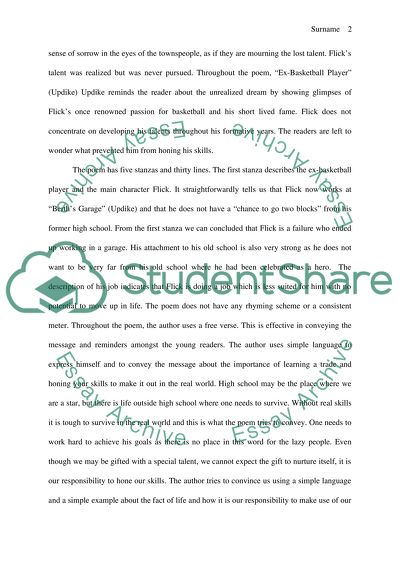Cite this document
(“Ex-Basketball Player Essay Example | Topics and Well Written Essays - 2250 words”, n.d.)
Retrieved from https://studentshare.org/english/1436912-papers-on-ex-basketball-player
Retrieved from https://studentshare.org/english/1436912-papers-on-ex-basketball-player
(Ex-Basketball Player Essay Example | Topics and Well Written Essays - 2250 Words)
https://studentshare.org/english/1436912-papers-on-ex-basketball-player.
https://studentshare.org/english/1436912-papers-on-ex-basketball-player.
“Ex-Basketball Player Essay Example | Topics and Well Written Essays - 2250 Words”, n.d. https://studentshare.org/english/1436912-papers-on-ex-basketball-player.


